Last night in Villa Verucchio, a small town in Rimini, Italy, chaos and terror shattered the New Year’s celebrations. An Egyptian national armed with a knife attacked four innocent people in the streets before being fatally shot by a carabinieri.
It began at 10:30 PM when an 18-year-old buying cigarettes from a vending machine was stabbed in the back. The young man managed to find help, but the attacker pursued his friends, leaving fear and blood in his wake. The man didn’t stop there—he turned on a couple of elderly individuals and a young woman, striking indiscriminately.
When law enforcement arrived, their intent was to subdue him. A warning shot was fired, but the attacker—knife in hand and undeterred—lunged at the officers. In the face of imminent danger, one carabinieri fired the shot that ended his rampage.
Réveillon tragique à Villa Verucchio (Italie) : un migrant égyptien tué par un carabinier après avoir poignardé quatre personnes https://t.co/lJII28per1 pic.twitter.com/HcTb4BFo27
— Fdesouche.com est une revue de presse (@F_Desouche) January 1, 2025
Thankfully, the four victims are expected to survive. However, this incident raises urgent and uncomfortable questions: Why was an Egyptian migrant allowed to remain in Italy, endangering the lives of its citizens? Was his motivation rooted in religious ideology? What led him to unleash such violence on innocent strangers during a time meant for joy and unity? Most critically, what measures are being taken to identify and deport other potential threats before more lives are put at risk?
The details remain unclear, but the pattern is hauntingly familiar. Across Europe, similar stories are emerging with increasing frequency—violent attacks from migrants whose Islamic ideology or discontent find expression in brutality. While authorities investigate this incident, we cannot ignore the broader issue at hand: the rising number of violent acts committed by migrants from cultural or religious backgrounds that remain shielded from scrutiny.
Europe’s open-door policies and unwillingness to confront uncomfortable truths have left its citizens vulnerable. In the name of tolerance, we have allowed ideologies and cultural attitudes hostile to Western values to flourish unchecked. This is not just about terrorists; it’s about governments and leaders that enable such horrors to take root.
This attack demands immediate action. Italy and Europe must enforce stricter vetting measures, address the cultural and ideological challenges of integration, and prioritize the safety of their citizens above politically convenient narratives. The lives of innocent people should never again be endangered by policies that ignore these stark realities.

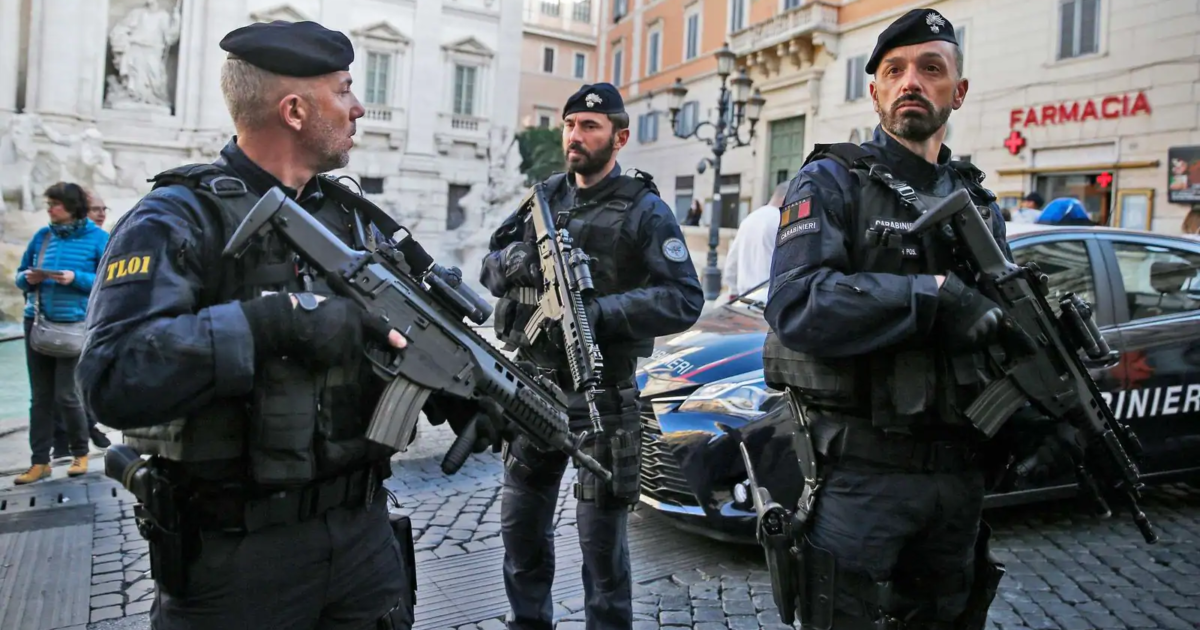

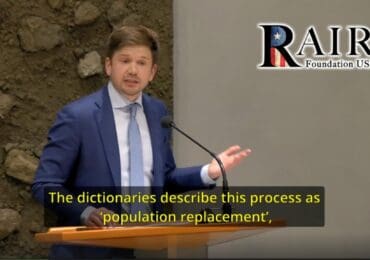
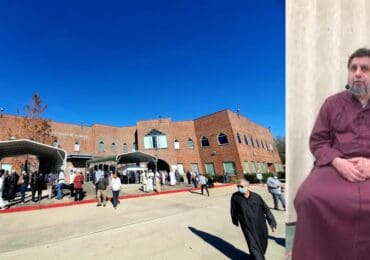
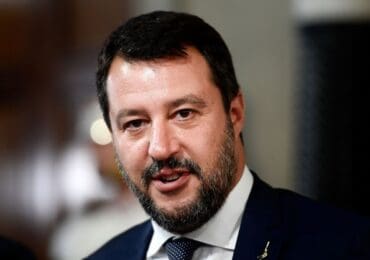



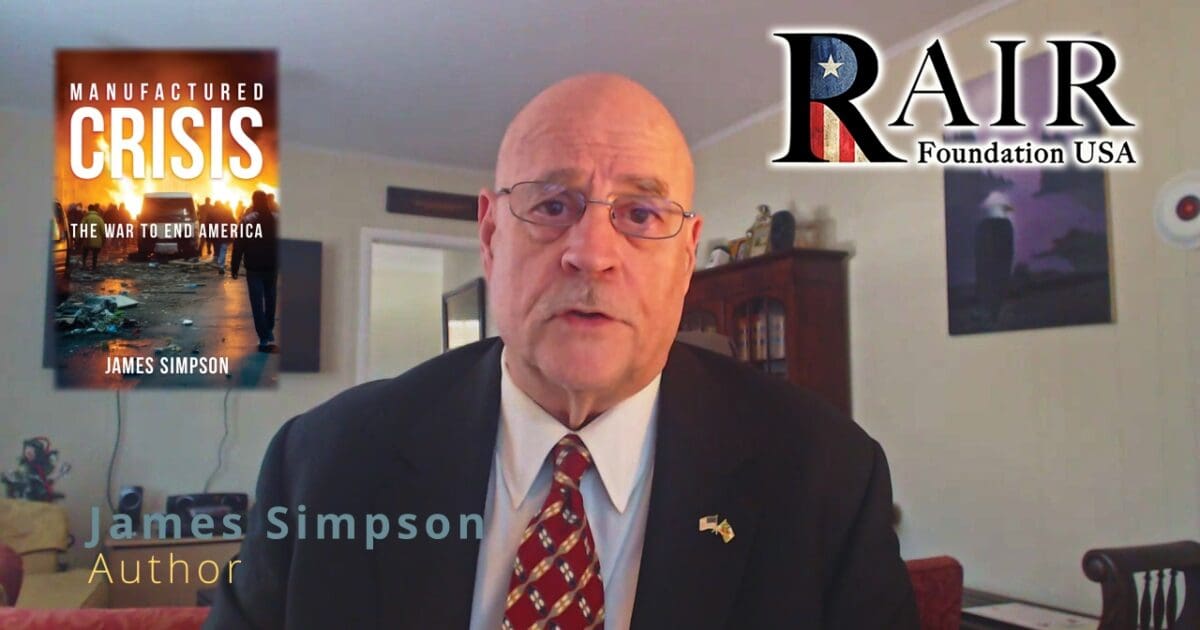
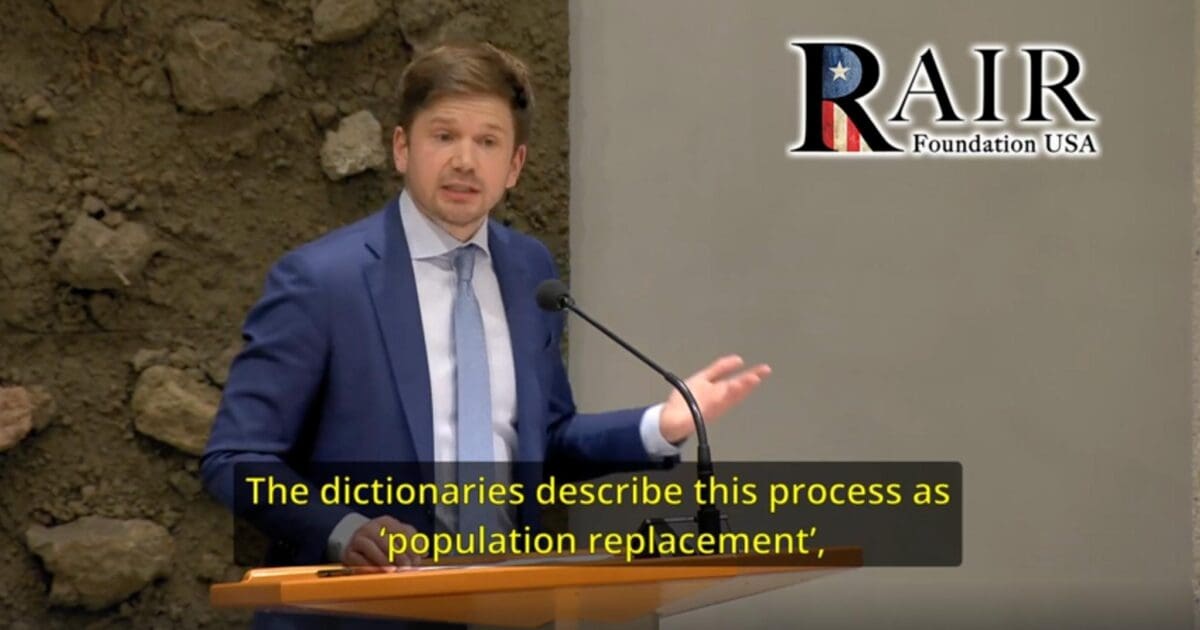
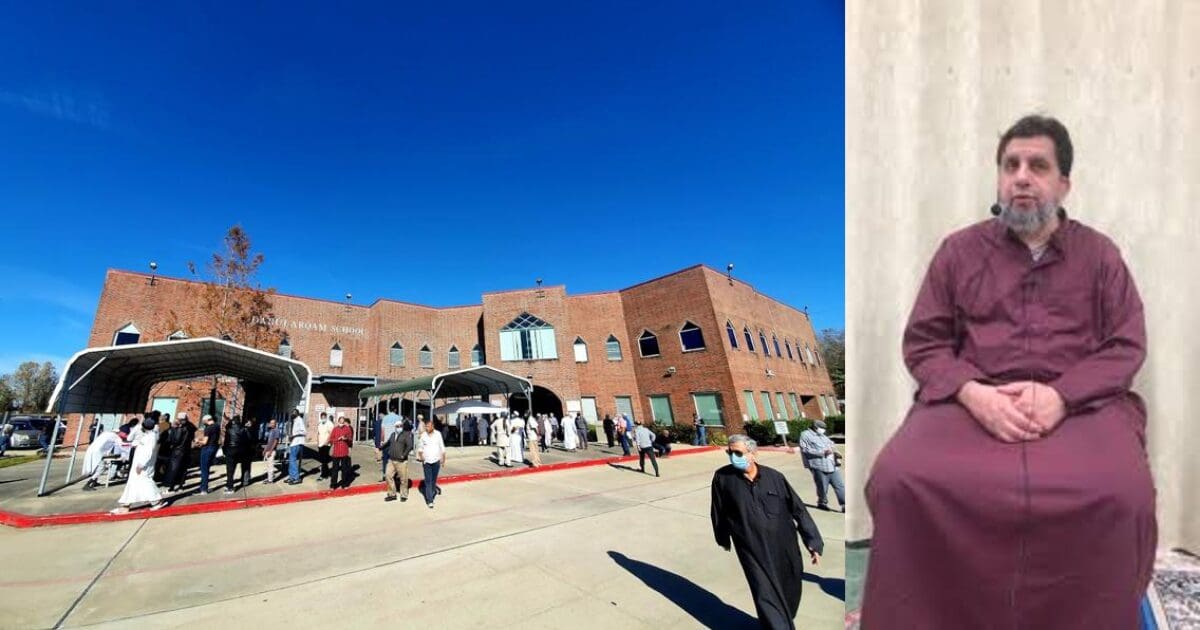
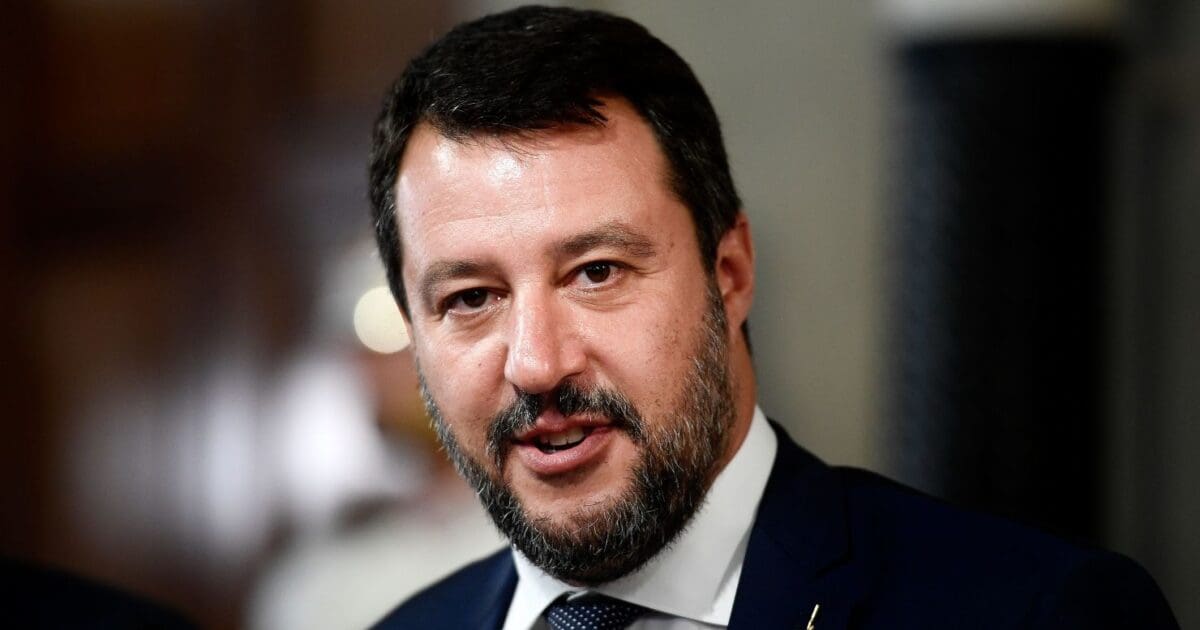
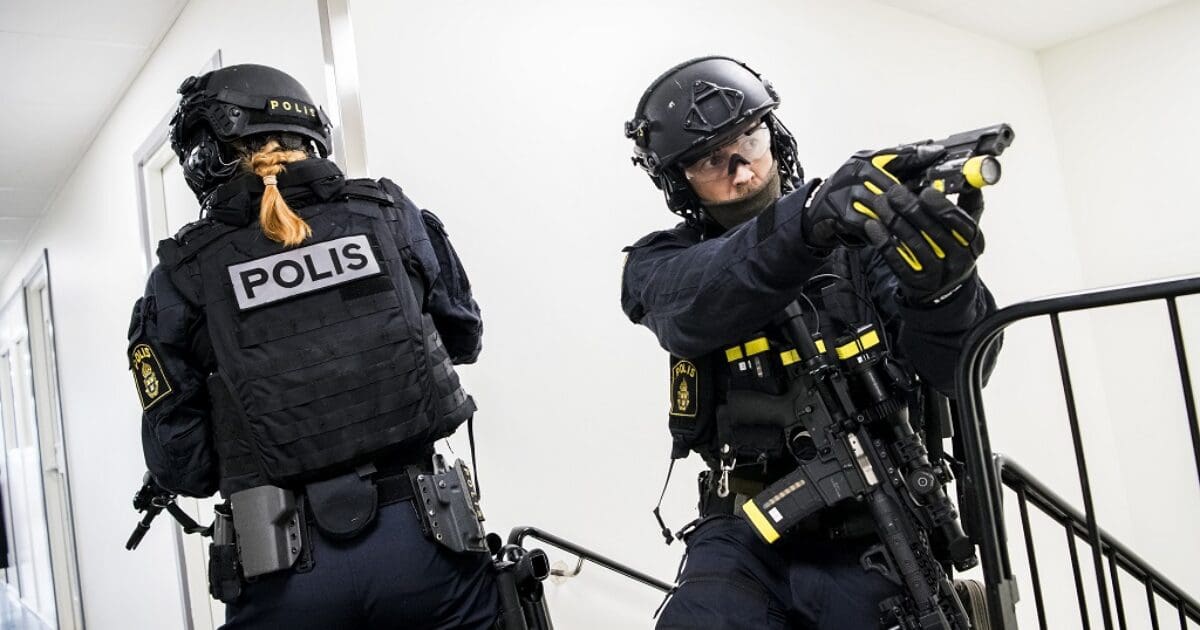
Add comment